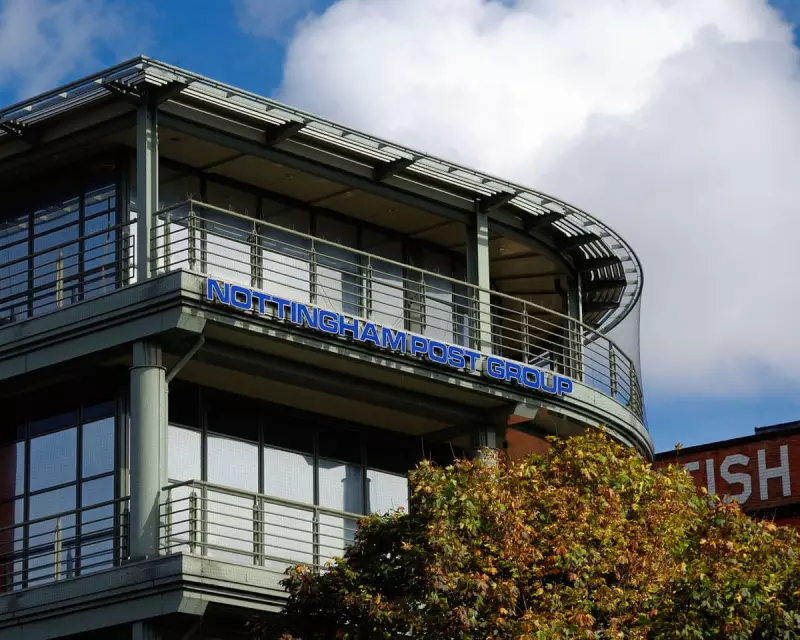
The spectre of Donald Trump's confrontational approach to the media has materialised in an unlikely setting: the council chambers of Nottinghamshire. Local authorities are now studying the former US President's playbook on press management, a development that has sent shockwaves through British journalistic circles.
Nottinghamshire Council has become an unexpected test case for implementing methods championed by Trump during his presidency. The strategy involves creating alternative communication channels that bypass traditional media, effectively marginalising critical journalistic voices while promoting council-friendly narratives directly to constituents.
A Transatlantic Blueprint for Media Relations
The council's approach mirrors Trump's notorious battles with what he termed 'fake news.' By establishing direct digital communication and favouring sympathetic outlets, the authority is following a path well-trodden by the controversial American leader. This represents a significant departure from traditional British local government press relations.
Local journalists report being increasingly frozen out of meaningful access, while council-sponsored content floods social media channels and local publications. The situation has created what media experts describe as a 'democratic deficit,' where scrutiny and accountability are diminished.
Implications for Local Democracy
The Nottinghamshire experiment raises profound questions about transparency in local governance. When councils control the narrative without independent journalistic oversight, residents may receive only partial information about important decisions affecting their communities.
Media analysts warn that this approach could spread to other local authorities, creating a patchwork of information control across the country. The timing is particularly sensitive given ongoing concerns about misinformation and the health of local democracy.
National Political Reactions
The situation has attracted attention at the highest levels of British politics. MPs from across the political spectrum have expressed concern about the Americanisation of press relations in UK local government.
Some see it as a natural evolution in digital communication, while others perceive a dangerous erosion of media freedom. The debate touches on fundamental questions about the role of a free press in holding power to account.
As Nottinghamshire becomes an unlikely battleground for press freedom, the outcome of this experiment may well influence how local authorities across Britain approach their relationship with the media in years to come.





